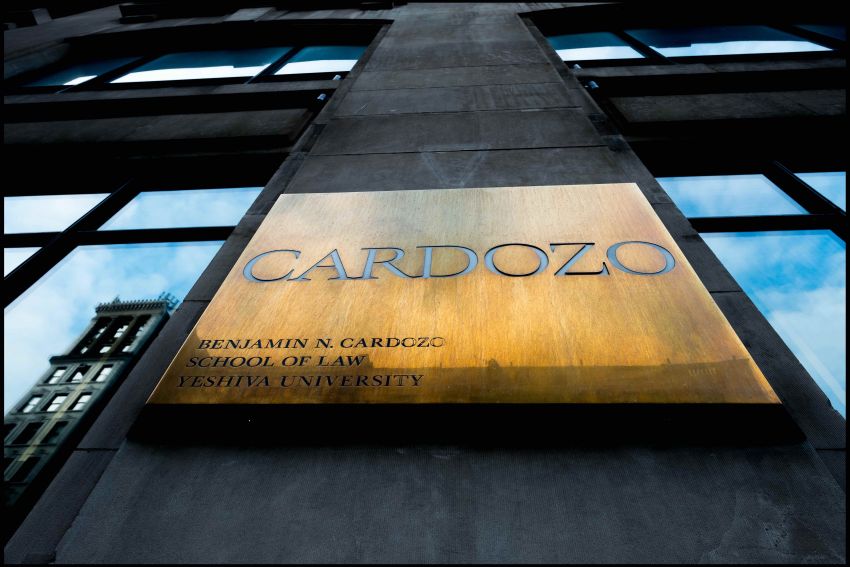
State Correctional Agency Uniformly Bans Book Requests from Incarcerated People for Pulitzer-winning Historical Account of Attica Prison Abuses and Uprising
The New York Civil Liberties Union and the Civil Rights Clinic at the Benjamin N. Cardozo School of Law filed a federal lawsuit on March 31, challenging the New York State Department of Corrections and Community Supervision’s (DOCCS’) blanket censorship of Blood in the Water: The Attica Prison Uprising and Its Legacy, the Pulitzer-prize winning book by acclaimed professor and historian Dr. Heather Ann Thompson.
Read more about the lawsuit in Gothamist.
Since its publication in 2016, Blood in the Water has been banned at DOCCS facilities across New York, despite its widespread availability in other prison systems around the country. Blood in the Water offers the most comprehensive account in existence of the 1971 uprising of people incarcerated at the Attica Correctional Facility in upstate New York, relying heavily on firsthand accounts due to the fact that New York State has largely kept records from the public. That uprising, which the State ended with a brutal crackdown by an all-white police force and the indiscriminate killing of 39 men, led to an array of critical reforms in prisons across the country, including the implementation of grievance systems and the right to soap and hygiene supplies.
Beginning the year Blood in the Water was published, DOCCS has censored it at prisons around New York, often without the notice required under DOCCS’s own policies. Among other instances of censorship, DOCCS has repeatedly blocked Dr. Thompson, a professor at the University of Michigan, from sending copies of Blood in the Water to incarcerated New Yorkers.
“People have a right to read, and people have a right to history,” said Dr. Thompson. “We also have a right to have our books read. It’s a shame we live in a country where we censor people and ideas."
"Attica is the defining event in the history of the fight to improve conditions and strengthen the rights of incarcerated people in America, and the issues that impacted people 50 years ago persist for the people in New York’s prisons today, who are still predominantly Black and Brown,” said NYCLU executive director Donna Lieberman. “DOCCS cannot censor an important historical text like Blood in the Water just because it doesn’t like the content.”
“Blood in the Water is a carefully researched account that includes the perspectives of incarcerated people, prison guards, their families, government officials and members of the public,” said Cardozo’s Civil Rights Clinic director Betsy Ginsberg. “It is, simply put, a history book, and its denial to incarcerated people runs counter to this country’s core values.”
The lawsuit, filed March 31 in the U.S. District Court for the Southern District of New York, alleges that DOCCS’s censorship of copies of Blood in the Water violates the First and Fourteenth Amendments, and follows a similar legal challenge filed by Dr. Thompson in 2018.
“Words have the power to liberate and access to reading material is a fundamental human right. It speaks volumes that DOCCS continues to deny tens of thousands of incarcerated New Yorkers the right to read about Attica,” said Miles Dixon-Darling, legal intern at Cardozo’s Civil Rights Clinic. Co-intern Isaac Strauss added, “We hope that this case will help bring public attention to the all-too-often arbitrary violations of incarcerated individuals’ right to free speech guaranteed by the United States Constitution.”
“Prison officials are not exempt from respecting the Constitution,” said NYCLU senior staff attorney Antony Gemmell. “DOCCS’s ban on Blood in the Water is irrational and unlawful, and it should be lifted now.” Professor Thompson serves as the lead historical consultant in Attica, the 2021 Oscar-nominated documentary revisiting the Attica uprising on its 50th anniversary.
